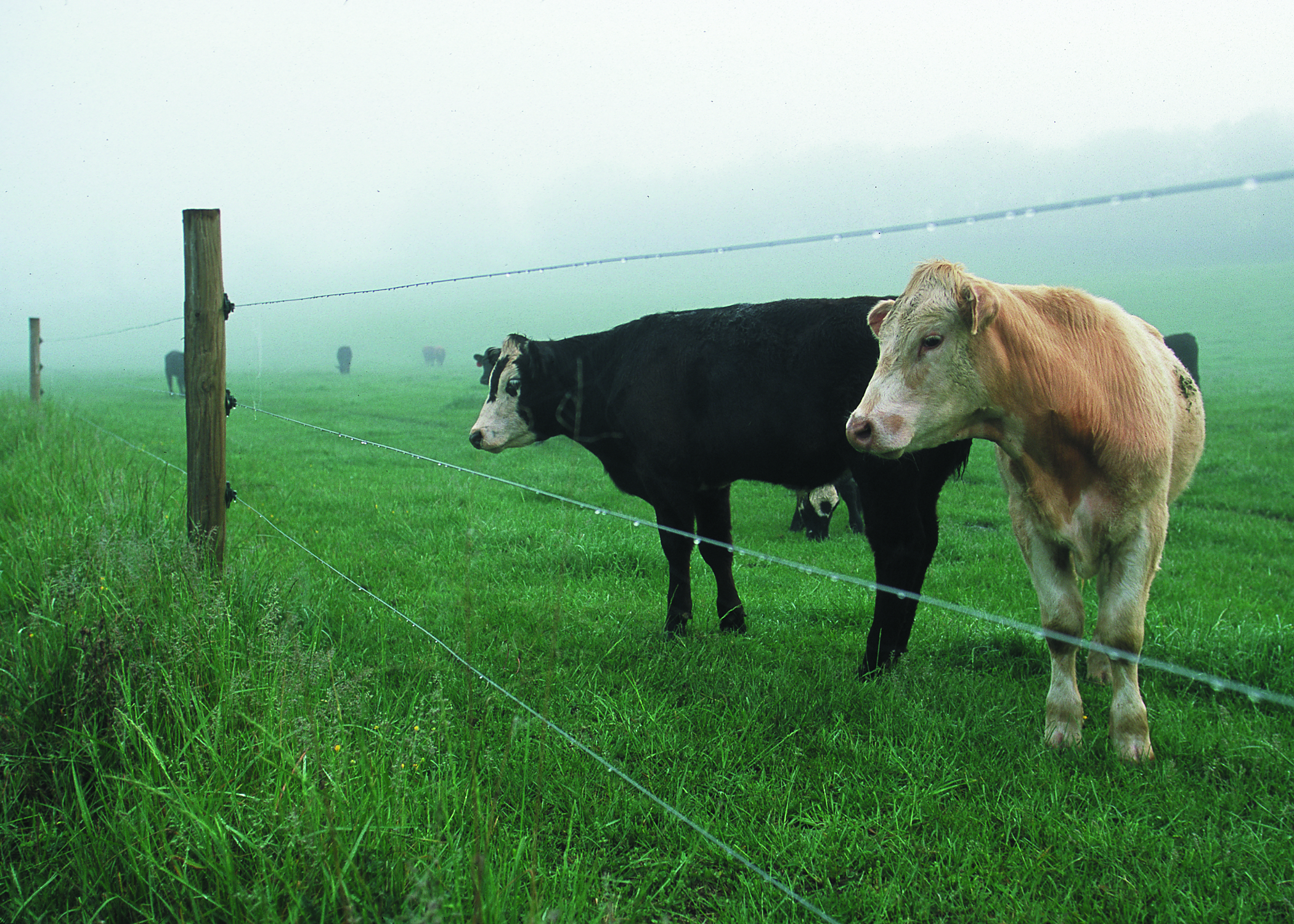
Nation’s First Regenerative Farm Certification Bill Introduced in Vermont
Kiss the Ground and Regeneration International announced today support for Vermont’s Senate Bill 159, a bill that would introduce a state-level certification program under which farmers could have their land and farming methods certified by the state as regenerative.
The bill, introduced by Sen. Brian Campion (of Bennington, Bennington County), was first written by Jesse McDougall, a farmer in Shaftsbury, Vermont. McDougall employs regenerative farming practices, including planned rotational grazing, which eliminate the need for chemical fertilizers and tilling and regenerate the soil’s capacity to retain water and sequester carbon.
February 10, 2016 | Source: EcoWatch | by Kiss The Ground and Regeneration International
Kiss the Ground and Regeneration International announced today support for Vermont’s Senate Bill 159, a bill that would introduce a state-level certification program under which farmers could have their land and farming methods certified by the state as regenerative.
The bill, introduced by Sen. Brian Campion (of Bennington, Bennington County), was first written by Jesse McDougall, a farmer in Shaftsbury, Vermont. McDougall employs regenerative farming practices, including planned rotational grazing, which eliminate the need for chemical fertilizers and tilling and regenerate the soil’s capacity to retain water and sequester carbon.
McDougall had considered pursuing a formal organic certification for his meat products and farm, Studio Hill, but decided he wanted to do more than tell customers what’s not in the food—the absence of chemicals and synthetic fertilizers. McDougall sought instead a certification that would tell consumers what is in their food, how the food was raised and how the land was improved by its production.
“The certification is intended to help legitimize this style of farming as an economically viable option for farmers,” McDougall said. “It is our hope that this certification program not only creates a high-value market for regeneratively-grown food, but also rewards regenerative farmers for their work with better marketing opportunities and bigger margins.”
“As a small, farmer-friendly state and agriculture pioneer, Vermont is perfectly positioned to lead the country with this type of legislation,” Finian Makepeace, co-founder and policy director at Kiss The Ground, said. “We expect and hope to see many more states adopt similar legislation as part of the regenerative movement that is spreading across the United States and globally.”
Also known as “carbon farming,” regenerative agriculture practices put the emphasis on soil health using nature’s systems to regenerate the land. According to Andre Leu, president of IFOAM—Organics International, “Rebuilding soil by sequestering carbon reduces CO2 from the atmosphere and creates land that is more drought resistant and grows healthier, food, plants and animals.”
“The trends are clear. Consumers increasingly want to know more about their food. What’s in it, how it was grown, whether it was locally produced or shipped a long distance and how humanely animals were treated,” Ronnie Cummins, member of the Regeneration International Steering Committee and international director of the Organic Consumers Association, said. “And as public concern around global warming escalates, consumers are looking for food produced using practices that contribute to a climate solution, rather than to the problem.”
